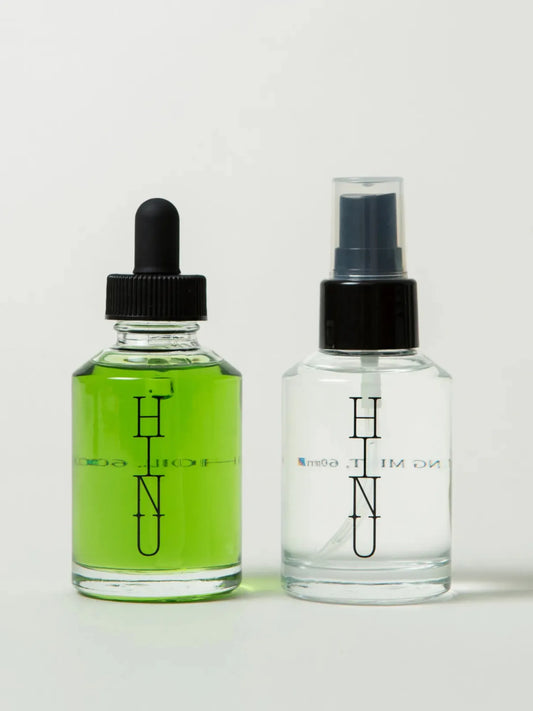
Healthy hair requires proper care and hydration. While there are numerous hair care products available on the market, some natural remedies can also be highly effective in nourishing and hydrating your hair.
You've got Free Shipping!


$0.00 AUD
You've got Free Shipping!
Healthy hair requires proper care and hydration. While there are numerous hair care products available on the market, some natural remedies can also be highly effective in nourishing and hydrating your hair.

Healthy hair requires proper care and hydration. While there are numerous hair care products available on the market, some natural remedies can also be highly effective in nourishing and hydrating your hair.

Join the HINU community for 10% off your first purchase
